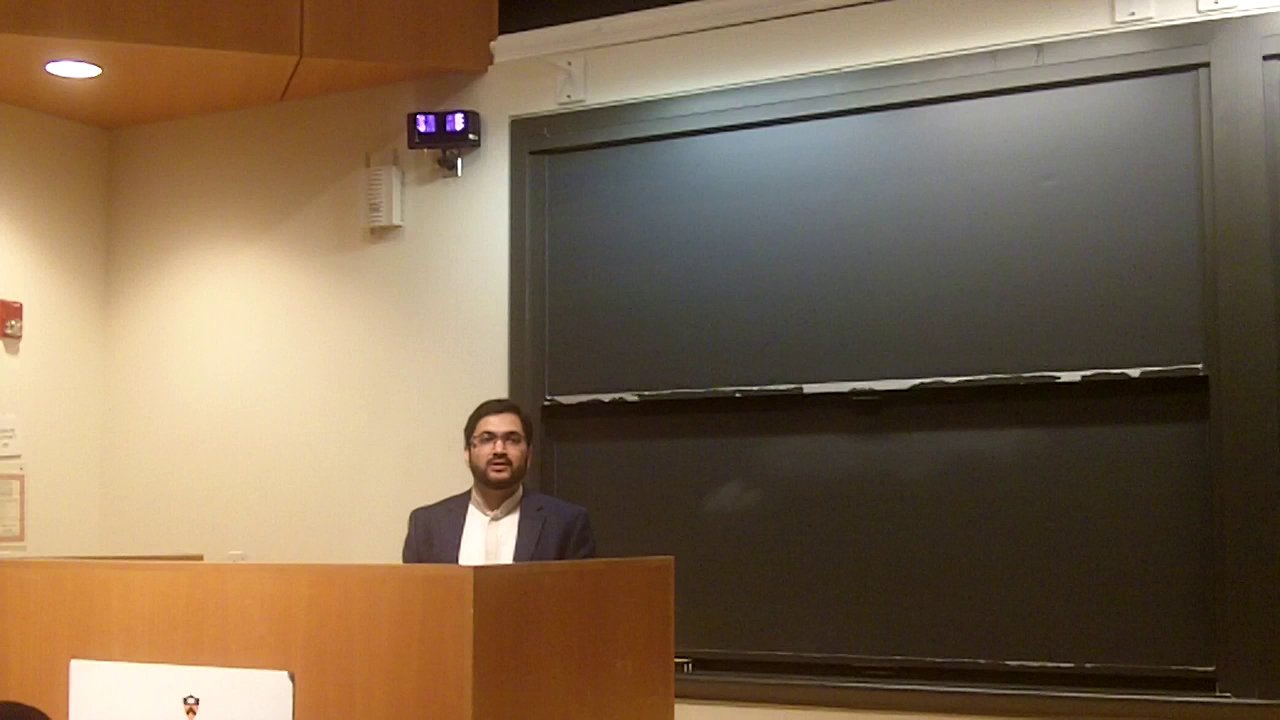My son, Ibrahim, arrived small yet mighty in a Central Asian hospital one February morning, a miniature version of his Afghan father; brown skin, dark hair, a broad brow. On the inside, he carried my O- blood. I knew that this child was cut from the same cloth as my soul, even down to his Rhesus factor[1].
In order to fall asleep, he had to grip a tiny fistful of my hair – and only my hair would do. At some point during the toddler years, I desperately needed a full night’s rest and placed a wig the same shade as my flaxen locks beside Ibrahim’s pillow. But I had underestimated my son; he promptly threw the wig on the floor.
Ibrahim clung to me during those early years as if his entire sense of being depended on my presence. His trust and love in my abilities to take care of him was unconditional and uncontested. I understood that mothering was more than just a physical experience. For me, the connection to my son felt like a spiritual tethering; an unveiling of my personal mess and goodness bundled in the mass of bones and beating heart that had emerged from my womb. Yet, I feared that I wouldn’t be any good at mothering, because I was a 27 year-old trying to figure out who I wanted to be in the world. Like many things in my life at that time, I assumed the act of mothering would be yet another truncated project doomed to some form of failure. Paradise lies at the feet of mothers, said Prophet Muhammad (pbuh). Surely, my feet were unworthy of such mercies.
Ibrahim was a yogurt slurping ten-year-old on the day I told him I was leaving his father. I did not know at that time if the leaving was a failure or a release. He calmly looked up and said, “Now that I’m eating a snack, it doesn’t seem that bad. And one day, I’ll have a half dad.” Blessed be the son who saw a man in my future when I couldn’t swallow for the fear of being alone the rest of my life.
I struggled with my weight, for I had always been a fat girl. I grew up to be a fat woman, and one who felt no man would ever love me again. This was during the time my son spewed “yo momma” jokes. He was eleven years old. Making fun of yo momma held inexplicable appeal in the world of boyhood. Yo momma so big she covers two times zones. He wasn’t talking about his momma. But still.
One day in the grocery store parking lot, Ibrahim provided unsolicited commentary: he declared confusion as to why no man had “asked for me” since the divorce. “You are really pretty!” he exclaimed, as if discovering my beauty for the first time.
“I’m fat,” I offered, as if that explained all calculations in the universe.
“You aren’t fat. You’re just fluffy.”
A moment of silence ensued.
Ibrahim attempted to solve the riddle of my loneliness: “Maybe men are shy to talk to you because you are so pretty.”
“What a nice thing to say about your mother,” I murmured.
Post-divorce purgatory announced its closing act right before the Thanksgiving holiday with a job loss and a subsequent romantic heartbreak. This was a man I thought would be The One; someone who symbolized an entrance back into the womb of community rather than hovering in what felt like the outskirts of town. My worst fears now growled back at me. Poverty and loneliness stood in one corner of my world; yet, in the other awaited wide-open possibilities. Ibrahim reminded me how much I hated the job, how the toxic work environment ate away at my sense of self.
On a cold November day, my hands grasped the steering wheel of my fatigued car, one that was on the verge of collapse, when Ibrahim rested his boy-smelling, thirteen-year-old head on my shoulder.
“Nana, are you okay?”
His hands still reached for my hair.
I told him that I’d been through a lot during the past few years. I needed a moment to feel it.
“You know,” he offered, “you had a lot of wounds. Sometimes, the wounds hurt more when they are healing than when you first got them.”
Oh, my heart, this son of mine. This pimply boy, now bodhisattva, — the one force in my life motivated by compassion — has always gifted me courage when I’ve managed to obliterate hope. Over and over again, my son serves as a luminous creature, unveiling the beautiful shape of my weary soul when I need it the most.
[separator type=”thin”]
Deonna Kelli Sayed is a writer, storyteller, and podcast producer. She is currently working on her memoir, tentatively titled, A Map of Ghosts. She can be reached on Facebook and Twitter. Her website is dksayed.com
[1] RH factor (Rhesus factor) is a protein that coats the surface of red blood cells.






This was a beautiful read; thank you!